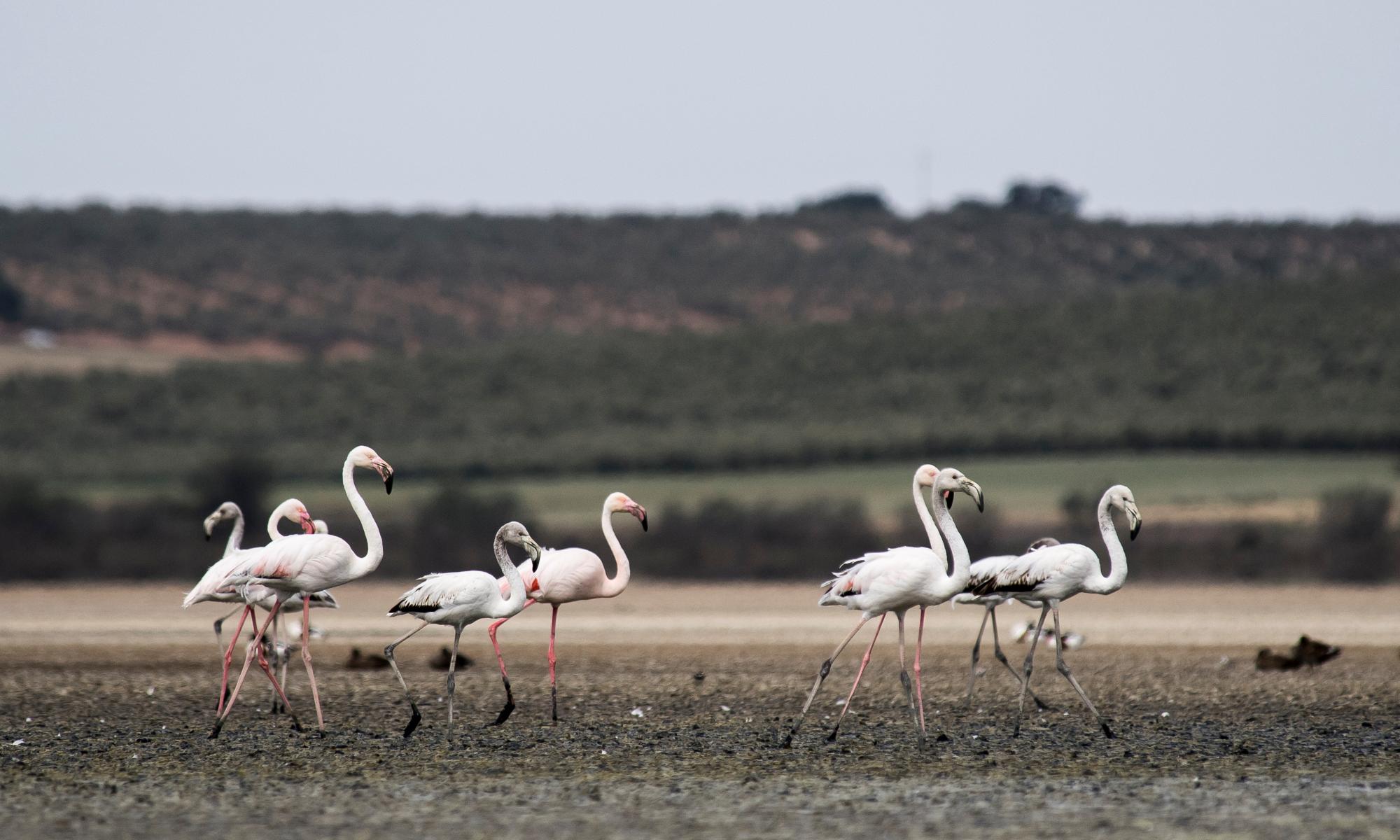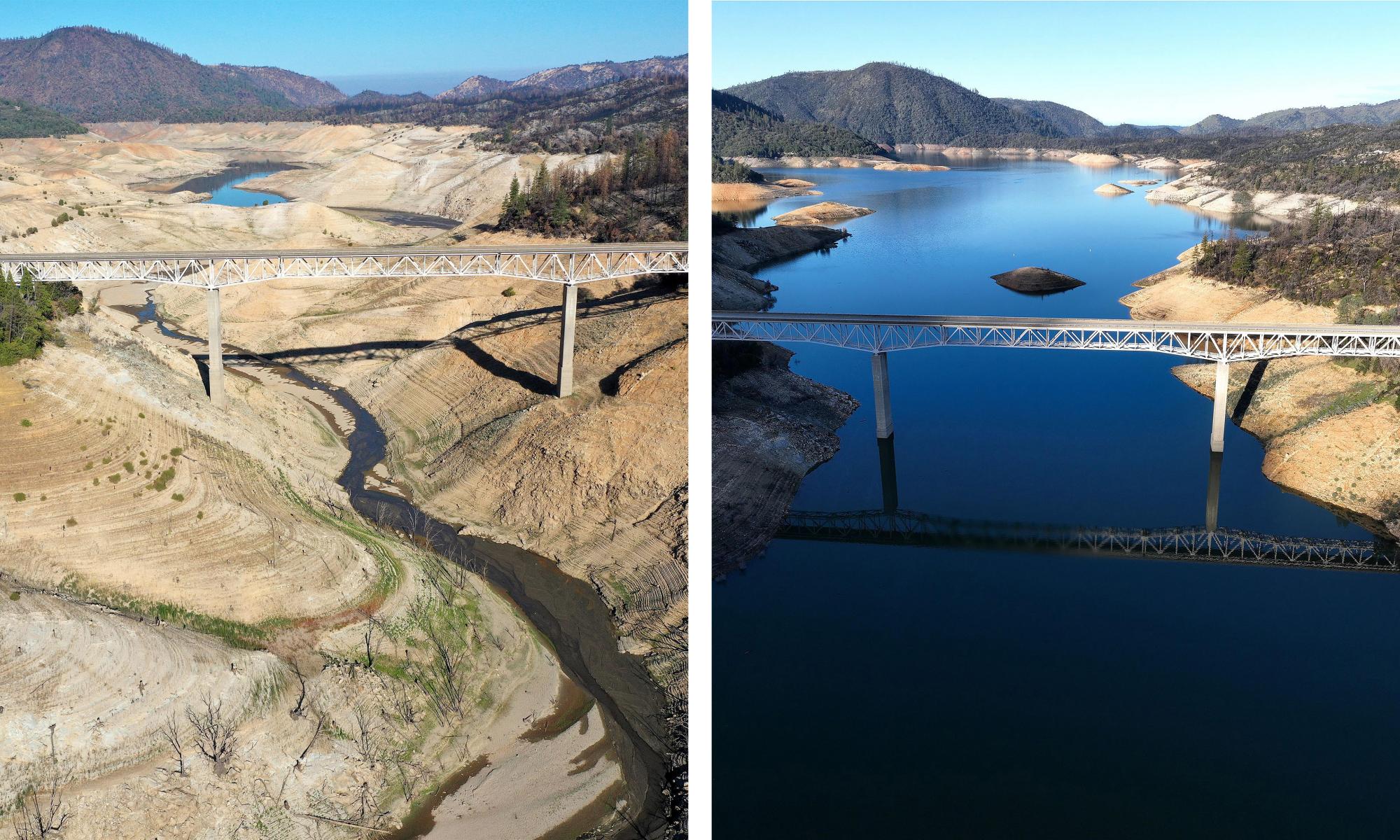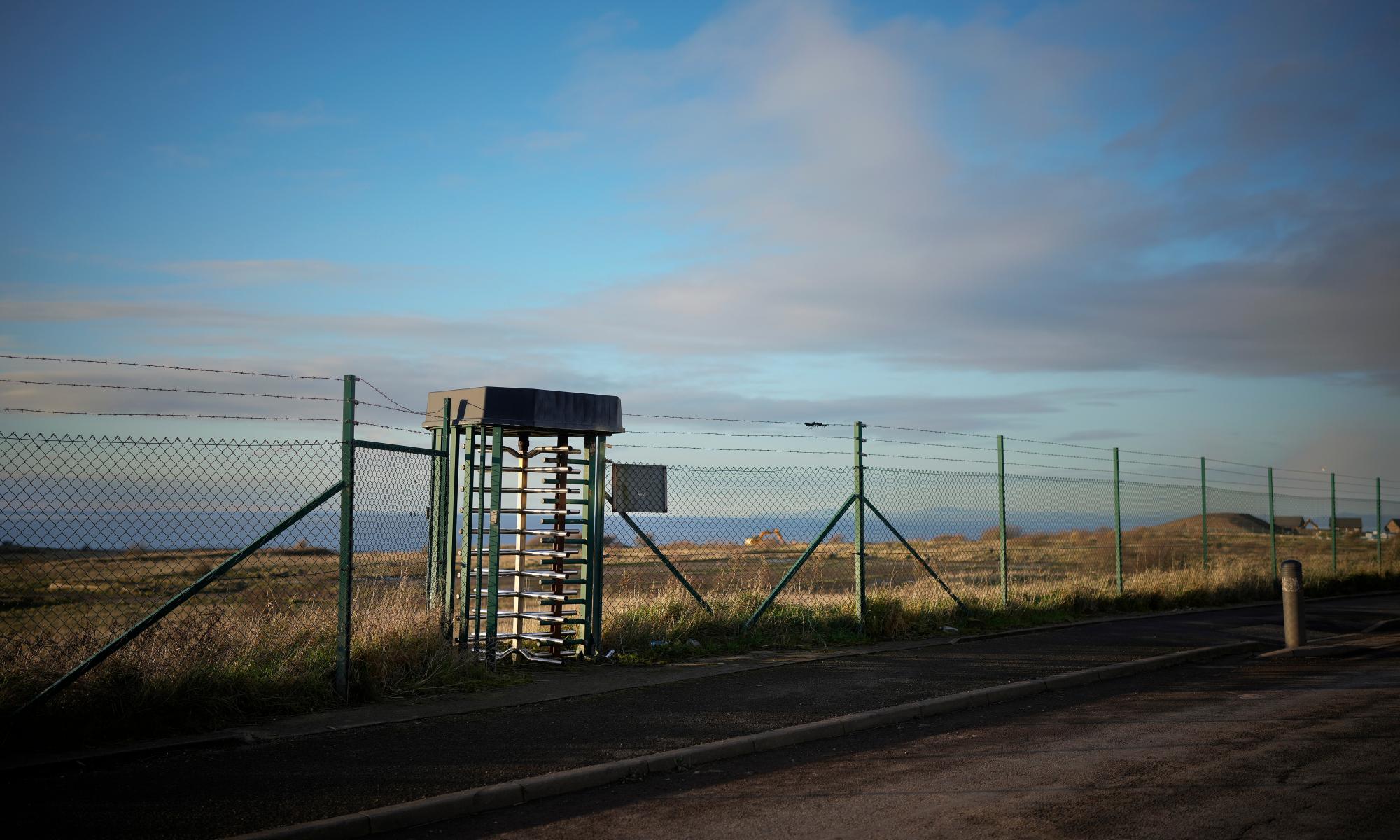Alok Sharma, the former international development secretary, is the surprise choice to take on the role of president of the crunch UN climate talks to be hosted by the UK this November.
He has also been made business secretary as part of Boris Johnson’s cabinet reshuffle.
Sharma has garnered praise from campaigners for his role at the Department for International Development, but will face an uphill task after nearly two weeks of trouble surrounding the post of Cop26 president.
The former energy minister Claire O’Neill was abruptly sacked from the role and unleashed a vitriolic attack on Johnson, while several other high-profile figures including David Cameron and William Hague turned down the role.
Sharma has a mixed record on voting on green issues in parliament. The Guardian’s Polluters project scored MPs on how they swung on a range of key votes. Sharma scored only 15%, a poor showing, as he was present for 13 votes affecting climate and environmental issues, but voted positively on only two of them.
Since 2010 he has been MP for Reading West, to the west of London and just over 20 miles from Heathrow, and he has both opposed and publicly favoured Heathrow expansion.
TheyWorkForYou, which rates MPs on their voting records, found he “generally voted against measures to prevent climate change”.
In the record of MPs’ interests, he has received a donation of £15,000 from Offshore Group Newcastle, which makes platforms for oil, gas and wind energy companies.
However, he has used his role at DfID to promote action on the climate crisis, by assisting developing countries to improve their resilience to the impacts of extreme weather, and tackling issues such as deforestation and clean energy. Last October, he urged the World Bank to focus more of its funding on the climate crisis.
Mohamed Adow, director of energy and climate at thinktank Power Shift Africa, said: “It’s a relief to finally have a Cop president in post. But now the hard work must start. For such a crucial summit it’s worrying that Alok Sharma takes up the reins with only nine months to go. He will need all the resources of government and the diplomatic service to ensure the UK Cop is not a failure.
“This is the UK’s first real test post-Brexit and so far Britain has not looked like a serious player on the global stage. The eyes of the world are watching and the UK’s Commonwealth allies in Africa and around the world will be demanding an outcome that sees those of us on the front lines of the climate crisis protected.”
Sharma will be expected to combine the Cop26 role with the job of business secretary, one of the key roles in cabinet, especially as the government wrestles with Brexit. Rachel Kennerley, climate campaigner at Friends of the Earth, asked whether they were compatible. “Can Alok Sharma serve as both business secretary and president of the UK’s biggest global climate summit? The presidency isn’t like a student picking up a few extra bar shifts, it’s about leading the world’s climate ambition during a crucial time for the environment,” she told the Guardian. “We cannot afford a part-time president.”
Kat Kramer, global climate lead at the charity Christian Aid, said Sharma faced a “grave and delicate” task but could take advantage of his business secretary role to ensure the UK presented itself as a credible leader in the climate fight, through a national plan of action for reaching net zero emissions.
She said: “It would have been a big task had Alok Sharma been in post from the beginning, rather than coming in late in the process. It’s now vital [he] work very closely with the backing of the prime minister to both get other countries to commit to new pledges to tackle the climate crisis but also put the UK’s own house in order and enact policies to accelerate UK decarbonisation. As secretary of state for business, energy and industrial strategy, Sharma will be well placed to oversee this.”
Several ministers had been mooted for the role, including Michael Gove, who told a conference on Tuesday there were “many, many, many, many” people who would do better as Cop26 president, such as Zac Goldsmith and Kwasi Kwarteng, the clean energy minister.
Gove hesitated when asked what would make the summit a success, before answering that success would be for countries to “accept the need to change and that leads to irreversible, accelerating and inclusive action” on the climate crisis.
That falls well short of requiring governments to come forward with concrete new plans on cutting carbon in line with the goals of the 2015 Paris agreement, which is what activists and supportive countries such as the EU are hoping for.
The job was turned down by former prime minister Cameron, who is said to have been too busy, and former foreign secretary Hague, who is believed to have had concerns about the role. Their reluctance suggests a perceived low standing for the role, which will not help the new incumbent.
Previous Cop summits have tended to be led by the host government’s most prominent minister with a relevant portfolio, usually the environment minister.
France signalled its determination to forge a new global agreement in Paris by appointing Laurent Fabius, then foreign secretary, who led a tireless round of visits to foreign capitals in his military jet, while also getting other major figures such as Ségolène Royal closely involved in the intensive diplomacy. The then French president, François Hollande, also played a leading role.
If Cop26 is to be a success – and so far the government has promised success but set a low bar for what that might look like – then Sharma will need to be able to call on the international firepower of the whole government, and Johnson will have to shake up every major department to come forward with domestic plans to prove the UK is on the road to net zero.


